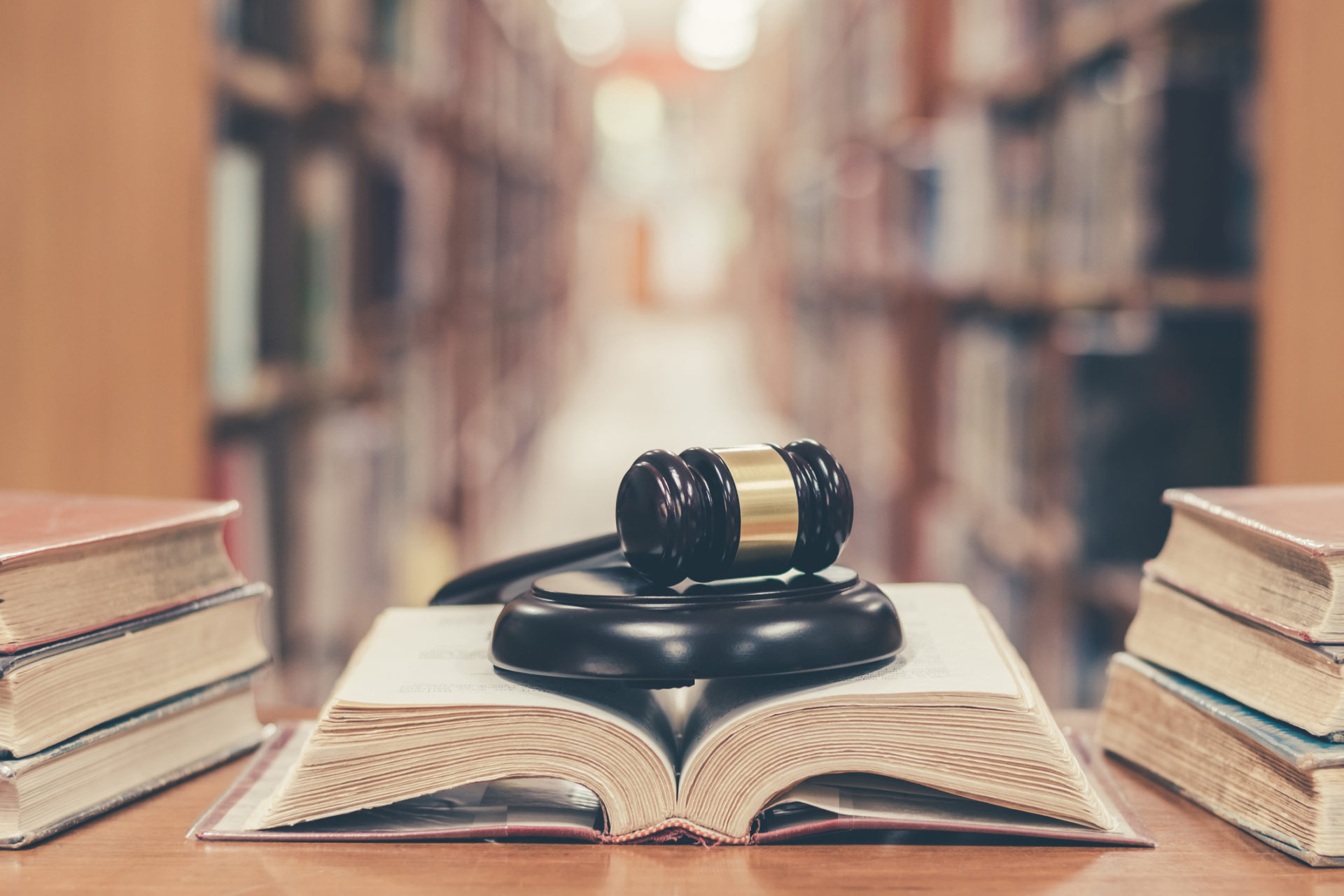
University of Nottingham Law Student, Hafsa Khan, shares her experiences of creating inclusive spaces through her work as co-founder of R.E.D Lawyers. R.E.D Lawyers is a society representing racially ethnically and diverse law students at the University of Nottingham.
Safeguarding can be understood as measures designed to protect the health, wellbeing and human rights of individuals. ‘Appropriate measures’ are key, as sometimes when we think we are supporting people we may actually be doing more harm than good. This is especially true if we don’t focus on what the individual or people involved want and make assumptions. This links to ‘nothing about me without me’, that to truly be inclusive when making safeguarding decisions we need to ask the people we’re involving and supporting about what they would like, to achieve their desired outcome.
As society has developed safeguarding values have also changed. For example, before we would collect details about what happened and whom did what, however now the aims and outcomes are defined by the central person of the safeguarding process. This is an example of working towards ‘appropriate measures’. This is a positive development as now a larger emphasis is placed on achieving a satisfactory result whilst taking individual choices and requirements into consideration – something R.E.D lawyers has also done whilst setting up our society.
R.E.D Lawyers
R.E.D Lawyers is a new society at the University of Nottingham. It was started up this year by students who felt that our main Law Society wasn’t representative enough of us. Examples include visiting diversity events and then not meeting anyone representing us in the legal sector. This was clearly an issue and we decided to take the initiative and form a new society, so all minorities would feel represented and heard. Originally, we used the name BAME Lawyers, however it came to the attention of our members that this wasn’t a suitable and representative name. It excludes minorities who don’t fit within the typical BAME categories, the exact opposite of what we wanted to achieve. I also had to take time to research the issues with the term BAME before realising this, showing that safeguarding is a process involving independent study and open mindedness. We still wanted a representative name that was distinct and could also be used in marketing. Therefore, we came up with R.E.D lawyers, it stands for racially, ethnically and diverse lawyers. A name representing people without excluding anyone, memorable, and a bold colour for marketing too!
In our constitution we have outlined three important aims:
- To strive for and promote ethnic and cultural innovation within the legal sector.
- To increase representation of ethnic minorities within the legal sector.
- To provide minority groups with training and opportunities which will adequately prepare them for a job within the legal sector.
How will we achieve our aims?
We are working to achieve our aims by inviting guest speakers and organising Q&A panels with those in the legal sector who truly represent diversity, so we can learn and appreciate from their experiences. We decided upon this by reflecting our own experiences and talking to fellow students. This links into safeguarding as you want to engage with the people you are involving and supporting, to make sure you are achieving what they want in the correct way.
Furthermore, we have also begun raising awareness of important information. For example, we created an Instagram series on black history month through a legal lens, considering historic legal landmarks and current issues such as the retention of black lawyers. Considering these issues will allow current students to think of the solutions they want firms to take to increase retention and to tackle discriminatory issues. It also allows them to question firms and ask them what safeguarding measures they are using, and if these are incorporated in a safeguarding policy.
Finally, as online work and university have become the norm, we have taken steps to safeguard the wellbeing of our committee and society members too by regularly updating any group chats and by having two designated welfare officers who are always available for providing support where needed.
